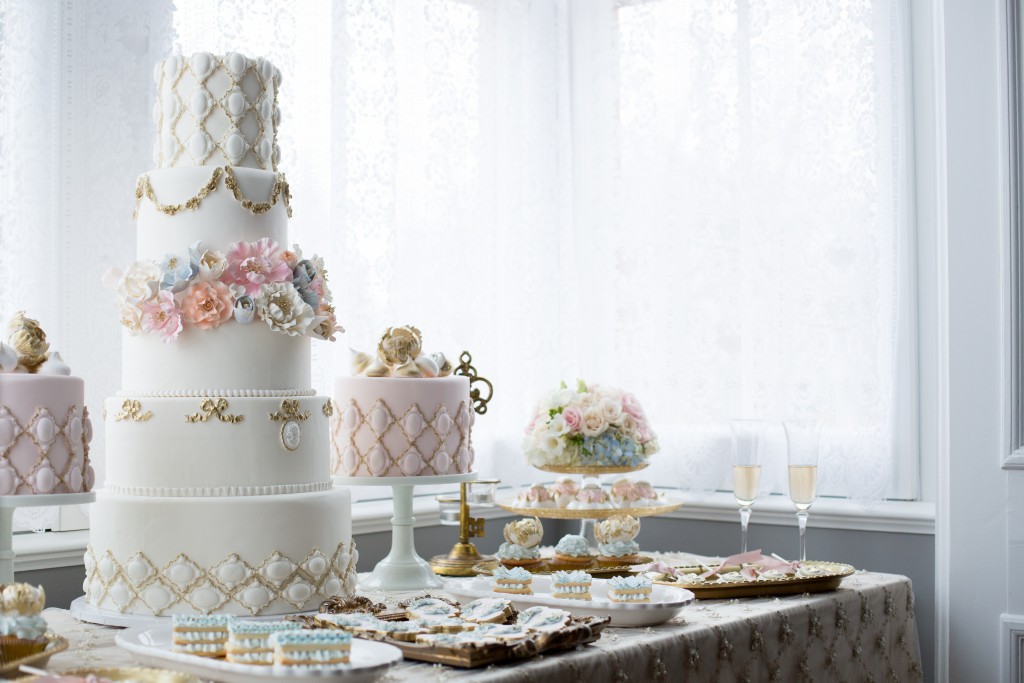The wedding industry is badly hit by the pandemic. Several weddings were canceled while others were postponed for next year. As a result, there is less demand for wedding services this year. Analysts predict that the wedding industry’s revenue for 2020 will decline by 21%.
Apart from the struggling professionals in this industry, couples are also stressed about postponing their wedding dates. Some have even canceled their weddings altogether, losing their precious nonrefundable deposits and watching their wedding plans crumble apart.
Because of the COVID-19 pandemic, there will be drastic changes in the wedding industry. Here are some of them:
Smaller Crowds
Wedding crowds are usually huge. The average number of guests is 120 people, which is definitely a lot. But there also others who take things up a notch and invite more people. But now, these numbers are not possible due to health risks.
If weddings do push through in the middle of the pandemic, there will be smaller crowds allowed. For example, some states put a cap of 50 people in public gatherings. This means couples will have more intimate ceremonies.
Extra Health Precautions

In a physical wedding during the pandemic, extra health precautions will need to be observed at weddings. For example, guests will have to go through temperature checks before being allowed inside wedding venues, be instructed to wear masks and be required to wash hands.
It will also be important that couples include important health information in their invitations. This will help remind guests that the pandemic is still very much existing, so they need to be careful at all times.
For weddings after the pandemic, these extra steps to ensure people’s safety will probably still follow through, given that people are now more concerned about their health than before.
Virtual Celebration
It’s great to have a physical wedding where couples are surrounded by people they love. But it’s still risky. One proof is a Maine wedding back in August that caused an outbreak where 177 people tested positive. This outbreak resulted in 7 deaths, and 6 of them didn’t even go to the wedding. They were infected through community transmission.
Thus, one significant change in weddings is making them entirely virtual. Thanks to advanced technology, this is possible. Instead of physically attending a wedding ceremony, families and friends of the bride and groom can stream it online. If there’s any at all, wedding receptions might look like Zoom meetings but more relaxed.
Social media will play a huge role, as well. Instead of distributing tangible invitations, they may be sent via social media instead. For instance, Facebook allows users to create events to which people can respond if they’re going.
Doing things virtually is probably for the best since it ensures the safety of not just the couple but also everyone who will attend their wedding.
Do-it-yourself weddings
Because of the smaller scale of weddings and the financial strain that may be present, couples might choose to plan their wedding on their own rather than hiring a professional. This is especially possible if couples choose to conduct their wedding virtually.
Instead of employing a wedding planner, couples might choose to contact vendors directly. Couples might also consider styling themselves instead of hiring a glam team, especially if the wedding is virtual. If they’re missing makeup or tools, such as a hairdryer or a rotating curling iron, they can reach out to friends and family to borrow and carry on.
Smaller Spending
Regular weddings tend to be extravagant, and so they cost so much money. In 2019, couples spent an average of $33,900 on weddings. That’s the price of a car.
But because of the changes in the wedding industry caused by the pandemic, the average spending for a wedding in 2020 would probably be significantly lower than last year’s. Smaller crowds mean smaller servings in the reception if there will be one. Also, businesses in the wedding industry might drop their prices due to the low demand.
Many brides and grooms feel bad about having to postpone or cancel their weddings. And understandably so. Weddings have always been marketed as that one special day in a person’s life. That’s why people tend to go all out when planning one, to the point that price tags are not an issue.
The pandemic has heavily affected the wedding industry. But in the perspective of couples, the changes brought by the pandemic may be a good thing. They don’t need to spend too much on just one day. They will also have a simpler ceremony. This will encourage couples to dial down on the extravagance and focus on what a wedding is about: a union between two individuals who love each other.



